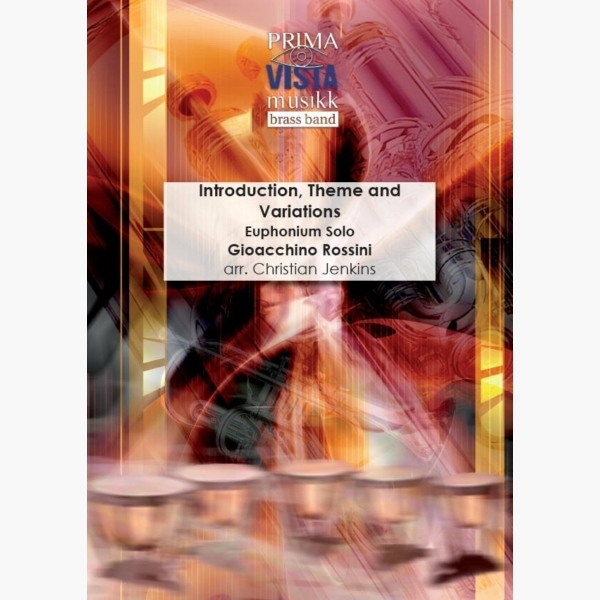We've found 2 matches for your search. Order by
Results
-
 £34.95
£34.95Introduction, Theme and Variations - Gioachino Rossini - Christian Jenkins
Introduction, Theme and Variations for Clarinet and Orchestra was composed in 1808 when the composer was only eighteen. It was written, in all probability, for the fabulous Milan virtuoso Ernesto Cavallini. Beginning with chords reminiscent of the opening of the...
Estimated dispatch 5-7 working days
-
 £59.70
£59.70Introduction, Theme And Variations - Gioacchino Rossini - Howard Lorriman
Estimated dispatch 7-14 working days
